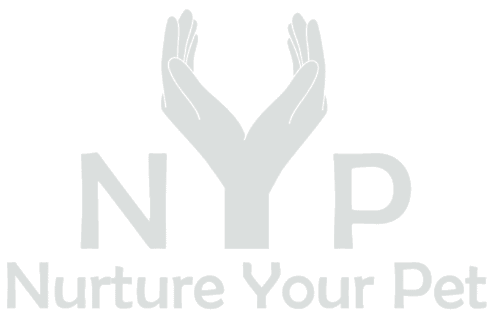Separation Anxiety
One of the primary reasons why your dog may refuse to eat until you return home is separation anxiety. Dogs are social animals who form strong attachments with their human companions. They may lose appetite due to stress when alone.
Separation anxiety causes destructive behavior, frequent barking, and refusal to eat. If your dog only exhibits this behavior when you’re away and eats normally when you’re present, it’s likely due to separation anxiety.
Routine and Familiarity
Dogs thrive on routine and predictability. They feel most comfortable when their daily activities are consistent. If you notice that your dog won’t eat until you get home, it could be because they associate mealtime with your presence.
Dogs are creatures of habit and might require the comfort of having their owner around during meals. The familiar routine of your arrival signals them that it’s time to eat. Without that cue, they may choose not to indulge in their food until you’re present.

Food Preference or Behavioral Issue?
Sometimes, dogs refusing to eat until their owner returns can stem from food preferences or behavioral issues rather than underlying health concerns or separation anxiety.
For instance, if your dog is given multiple meal options throughout the day but tends to skip them all until you arrive home, it could indicate a selective eating habit or even manipulation for attention-seeking behavior.
To determine whether it’s a matter of food preference or behavioral issue, make sure to observe your dog’s eating habits when you’re present. If they consistently skip meals regardless of your presence, it might be worth consulting with a veterinarian to rule out any medical problems.
Health Concerns
While separation anxiety and behavioral factors are common causes for dogs not eating until their owners come home, it’s essential to consider potential health concerns as well. There could be an underlying medical condition that affects your dog’s appetite.
Digestive issues, dental problems, pain, or nausea can all contribute to a decreased appetite in dogs. If your dog exhibits other symptoms such as weight loss, lethargy, vomiting, or diarrhea alongside the refusal to eat until you return, consulting a veterinarian is highly recommended.

Tips for Encouraging Eating Behavior
Now that we have explored possible reasons behind this behavior let’s dive into some tips on how to encourage your dog to eat even when you’re not around:
1. Establish a Consistent Feeding Schedule
Creating a regular feeding schedule can help establish routine and predictability for your dog. Stick to specific times each day and ensure that meals are served in the same location. This will provide structure and may alleviate stress caused by the absence of their owner during mealtime.
2. Gradually Increase Alone Time
If separation anxiety is at the root of your dog’s reluctance to eat alone, gradually increasing the time spent alone can help them become more comfortable with the idea. Start with short periods of separation and gradually extend the duration over time.
3. Provide Interactive Food Toys
Stimulating your dog mentally and physically can distract them from feeling anxious about being alone during mealtimes. Consider using puzzle toys or treat-dispensing toys that require problem-solving skills to obtain food rewards.
4. Offer High-Value Treats During Meals
Adding small amounts of high-value treats or a spoonful of wet food to your dog’s regular meals can make the experience more enticing. The delicious smell and taste may encourage them to eat, even in your absence.
5. Seek Professional Help
If your dog’s refusal to eat persists or is accompanied by other concerning symptoms, it’s crucial to consult with a professional, such as a veterinarian or animal behaviorist. They can provide personalized guidance and develop a plan tailored to your dog’s specific needs.
Conclusion
While it can be disconcerting when your dog won’t eat until you get home, understanding the underlying reasons behind this behavior can bring you closer to finding a solution. Whether it’s separation anxiety, routine dependence, food preferences, or health concerns, implementing strategies like establishing a consistent feeding schedule and gradually increasing alone time can help alleviate the issue. Remember that seeking professional advice is always recommended for persistent cases or accompanying symptoms of illness. With patience and care, you can work towards ensuring that your furry friend remains happy and healthy, even during mealtime without you.








